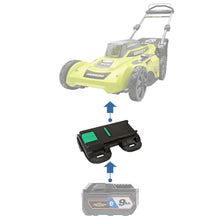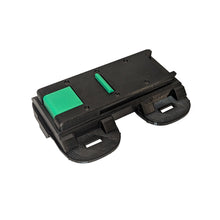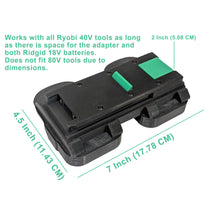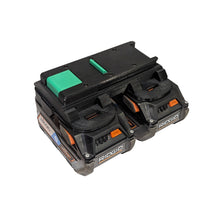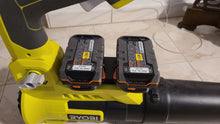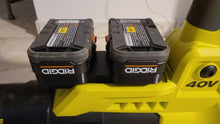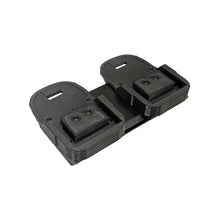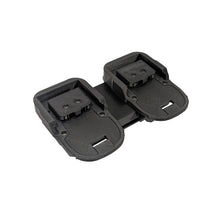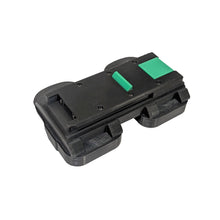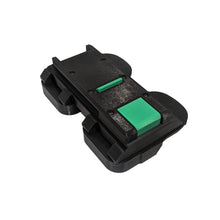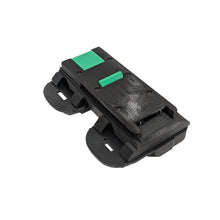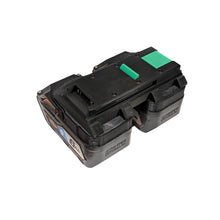
SKU PTA-RID18-RYO40
Description
Der RIDGID 18V auf Ryobi 40V Batterieadapter (Dual-Batterie-Version) wurde entwickelt, um die Kompatibilität Ihrer Werkzeuge auf erweitern und die Lebensdauer Ihrer vorhandenen Batterien auf verlängern. Durch die Kombination der Leistung von zwei RIDGID- oder AEG-18V-Batterien können Sie die meisten Ryobi 40V Werkzeuge effizient betreiben – ohne neue Batterien kaufen auf müssen. Dieser Adapter ist auf Langlebigkeit und Zuverlässigkeit ausgelegt und liefert einen stabilen Stromfluss durch reine Kupferkontakte und ein verstärktes PETG-Gehäuse, das auch bei extremen Temperaturen hervorragende Leistung bietet. Stolz in Kanada hergestellt und für Profis sowie ernsthafte Heimwerker entwickelt.
Hauptmerkmale
- Duale Batterieleistung: Verwendet zwei RIDGID- oder AEG-18V-Batterien für 40V Ausgang
- Breite Kompatibilität: Funktioniert mit den meisten Ryobi 40V Akku-Werkzeugen
- Optionale Unterstützung: Kann ausgewählte Ryobi 80V Werkzeuge mit zwei Adaptern betreiben (siehe Hinweis unten)
- Premium-Verarbeitung: Hergestellt aus schlagfestem PETG – stärker als ABS
- Reine Kupferkontakte: Gewährleisten eine gleichmäßige und effiziente Stromversorgung
- Temperaturbeständig: Hält Temperaturen von -30 °C bis 70 °C (-22 °F bis 158 °F) stand
- Stolz in Kanada hergestellt
- 1 Jahr Garantie
Technische Daten
- Kompatible Batterien: RIDGID 18V / AEG 18V
- Kompatible Werkzeuge: Ryobi 40V / Ryobi 80V (mit 2 Adaptern – siehe Hinweis)
- Material: PETG gedruckt (Industriequalität)
- Anschlüsse: Reines Kupfer
- Farbe: Schwarz mit grünem Knopf
- USB-Anschluss: Keiner
- Gewicht: 224 g
- Herkunftsland: Kanada
- Garantie: 1 Jahr ab Lieferung ( Mehr Details... )
- Lieferumfang: Nur Adapter
Wichtige Hinweise
- Benötigt zwei RIDGID- oder AEG-18V-Batterien, um Ryobi 40V Werkzeuge auf betreiben.
- Die meisten Ryobi 80V Werkzeuge benötigen zwei Adapter; die Passgenauigkeit ist aufgrund von Größenbeschränkungen nicht garantiert.
- Nicht kompatibel mit Ryobi kabelgebundenen oder benzinbetriebenen Geräten.
RIDGID auf Ryobi Adapter
RIDGID auf Ryobi Batterieadapter
RIDGID 18V auf Ryobi 40V Konverter
RIDGID 18V auf Ryobi Werkzeugadapter
AEG auf Ryobi Adapter
AEG auf Ryobi Batterieadapter
RIGID auf Ryobi Adapter
RIGID auf Ryobi Batterieadapter












